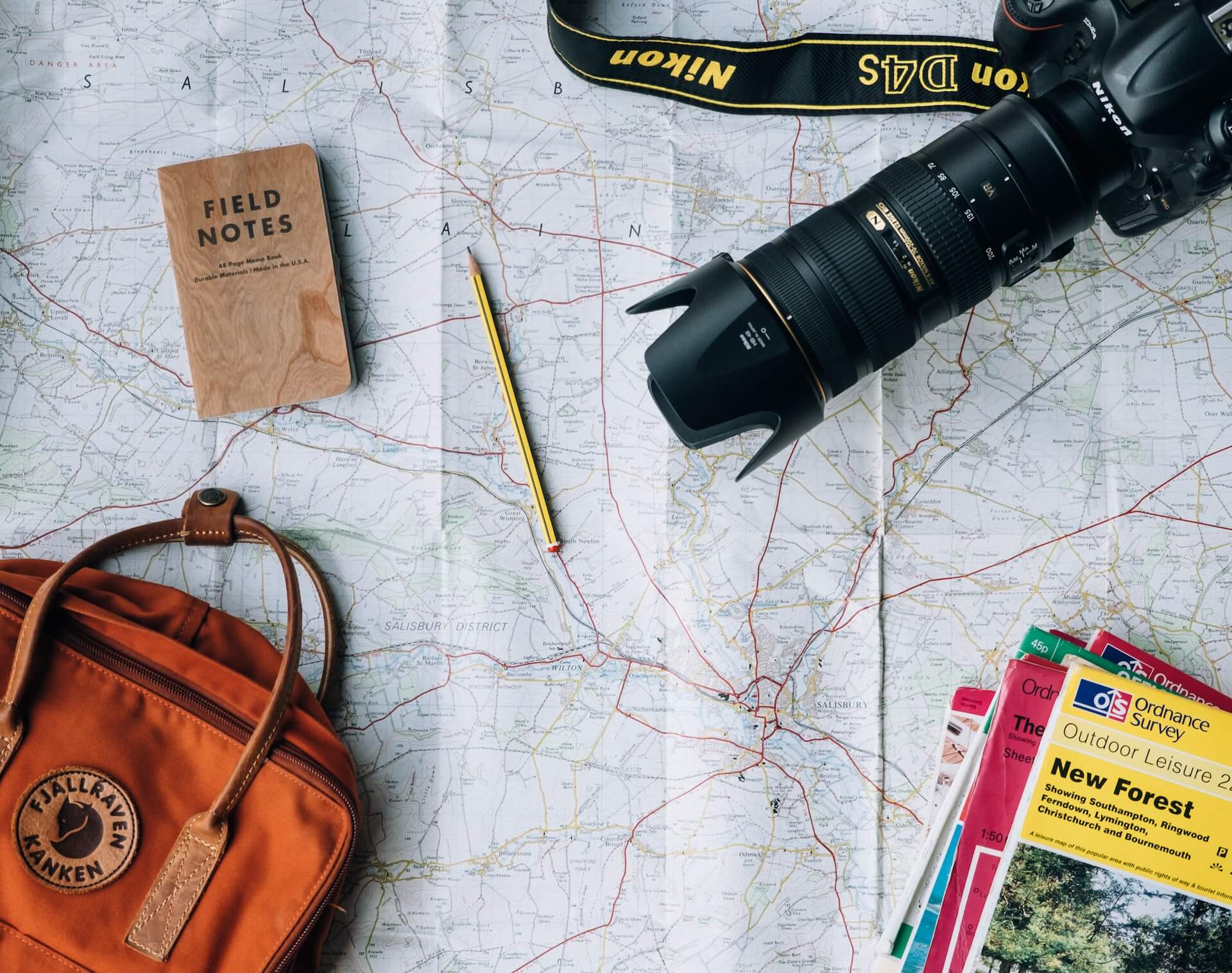Having any kind of medical emergency abroad can be scary, which includes a dental emergency. We are here with some guidance on what to do if you have a dental emergency abroad, as well as a few things that you can do before your trip to help avoid dental emergencies wherever possible.
Call Your Dentist At Home
If you are experiencing a dental emergency, we’d firstly recommend calling your dentist at home. They may be able to fit you in for a video call to help you navigate the issue and establish the best next steps to help either resolve the issue or make you more comfortable so that you can enjoy the rest of your trip. Even if there isn’t anything they can do, they could get you booked in for an appointment when you return to give you piece of mind, or may know a local dentist to help give you that piece of mind.
Speak To Your Embassy
Another thing that you should do, especially if you haven’t been able to access help from your dentist at home, is to speak to your embassy based in the country. Embassy’s are designed to assist people living in or visiting different countries overseas to help with routine admin and also emergency situations, including medical issues. They should be able to advise on the best local dentist for you to use to get help, as well as giving you information you need to know about billing or charges.
Find A Local Dentist
Next, if you require assistance quickly before you get home, then you’ll need to find a local dentist. If you’ve managed to speak to the embassy, they may have provided you with a local dentist, otherwise conduct some research and choose a dental practice that is fully regulated and well reviewed. Don’t be afraid to get a second opinion too if there is quite a serious issue! We hope that having dental treatment abroad isn’t necessary, but if it is, take your time to find the right one.
Keep All Receipts
Something else that you need to do is keep all receipts for the medical work that you have whilst you’re abroad. If you don’t have the right insurance, unfortunately you might have to pay outright for your work, however you may be able to claim back the money if you have good insurance. Hold onto all of your receipts and if anything doesn’t look quite right, make sure that you follow up on it so you’re not overcharged!
Things To Do Before Your Trip To Avoid Dental Emergencies
Now that we’ve covered what you need to do if you have a dental emergency when you’re away, we’re going to introduce what you can do before your trip to avoid dental emergencies. These are 100% worth sorting, as although it might take a small bit of organisation, it’ll absolutely be worth it if something does go wrong.
Have A Dental Check-Up
The first thing you should do before going away is to have a dental check-up 2-3 weeks before your trip. Go to see your dentist and they can do a full check up to identify if there are any weaknesses or issues that need to be addressed. You should see your dentist every 6 months anyway, so try to time it so you’re going just before your trip. Going a couple of weeks before ensures that if you do need any treatments, there is plenty of time to get another appointment sorted before you head off. This will not only give you peace of mind, but could be what you need to prevent any dental emergencies!
Invest In Global Dental Trauma Cover
Something else that you should do is invest in global dental trauma cover. Often dental emergencies aren’t covered in standard travel insurance policies, so you should look to get that bit of extra cover. It’s a small amount but could seriously help you one day! You can get cover on its own, or if you’re a part of a dental plan with your dentist, often this is included as a benefit, but of course make sure that you check that this is definitely included first. When you have global dental trauma cover, it can cover all kinds of unexpected eventualities, so it’s worth it for how little it costs overall.
Avoid Having Dental Work Done Abroad
Whilst we’re on the topic of dental emergencies abroad, it’s really important that you don’t have dental work done abroad. Often these practices will sell you the dream of your perfect smile at a very affordable price, but often the health of your teeth, mouth and gums is at the bottom of the priority list and it is very common for issues to arise following treatments. So, having dental work done abroad significantly increases the likelihood of you having a dental emergency and it’s not guaranteed that the practice will be willing or able to help you. Paying that bit extra in the UK with a reputable cosmetic dental clinic is 100% worth it, as not only do you access much better results, but if you do experience any problems after the treatment, they will be nearby to help you resolve it. Also, as the health of your teeth is often neglected (especially with treatments like veneers which are most common abroad, when your teeth could be shaved right down), often dentists in the UK might not be able to help you or also not willing to, depending on the extent of the damage. Another thing to consider is the fact that as your natural teeth are often sacrificed in favour of cosmetic treatment when you have dental work done abroad, you need to know you are committing to a life of cosmetic dental treatments. Comparing this to treatments in the UK, there are different treatment options like composite veneers where only very minimal changes need to be made to the teeth, which can also be reversed. This is also the case for cosmetic surgery, so just make sure you’re careful!
Final Thoughts
Although it might not seem like an essential before your trip, getting some kind of dental cover for your holiday abroad is really important. For the sake of a very small investment, dental cover could really help you avoid significant dental bills. Also, putting in some effort before you go to make sure that your oral health is in the best condition possible is important. So, follow these instructions to make sure that you can enjoy your holiday without any interruptions whilst you’re away! If you’re going away for longer than 2 weeks, this is especially important.























Leave a Reply